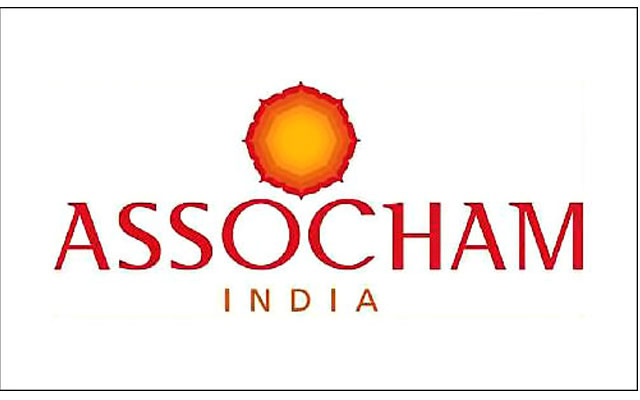
Cash crunch fall-out: Non-bank payment players to witness huge growth, says ASSOCHAM Paper
These players engaged into the business known as the pre-paid payment instruments (PPI) work as mobile and digital wallets. While as many as 45 PPI players have started offering services, it is only a handful of operators which have been aggressively ramping up and marketing their operations.
“However, the demonitisation has come about as a big opportunity for them. It is not only during this immediate cash crisis period that the PPIs would see a huge growth, but going forward also, the system would penetrate into the very small kirana stores as well; it would not be a surprise if well-run road side dhabas also start accepting bills through mobile wallet players,” said ASSOCHAM Secretary General D S Rawat.
Offering the stored value service to the customers, the non-bank PPI issuers are allowed by the Reserve Bank of India (RBI) to enable transactions for purchase of goods and services besides remitting payments out of the mobile wallets. The wallet-to-wallet transactions would also see a big growth.
“Given the thrust being given by the government to move towards the less-cash economy, the private sector PPIs is expected to invest lot more in product innovation and expand the reach through roping in both the customers and the merchants. Needless to say, at the merchants level a lot of sensitization, training and cyber security would be required,” the chamber said.
These players are using the increasing mobile density to offer the services through the hand set. Besides, the PPIs, other electronic transactions and services devices would be offered aggressively even by the banks, who are presently bearing the brunt of cash swapping, it said.
The banks would offer on an enhanced scale mobile banking services through SMS, USSD (Unstructured Supplementary Services Data) and applications (Apps). Presently, according to RBI data, as many as 67 banks are offering mobile services to 120 million customers. “This number is going to grow significantly,” the ASSOCHAM said.
With the launch of Unified Payments Interface (UPI customers can provide only a registered virtual address instead of details of bank accounts for making/receiving payments “However, the banks must use the App based UPI more aggressively as it can really be a game changer,” Rawat said.
Image:AssochamWebsite
Support Our Journalism
We cannot do without you.. your contribution supports unbiased journalism
IBNS is not driven by any ism- not wokeism, not racism, not skewed secularism, not hyper right-wing or left liberal ideals, nor by any hardline religious beliefs or hyper nationalism. We want to serve you good old objective news, as they are. We do not judge or preach. We let people decide for themselves. We only try to present factual and well-sourced news.







